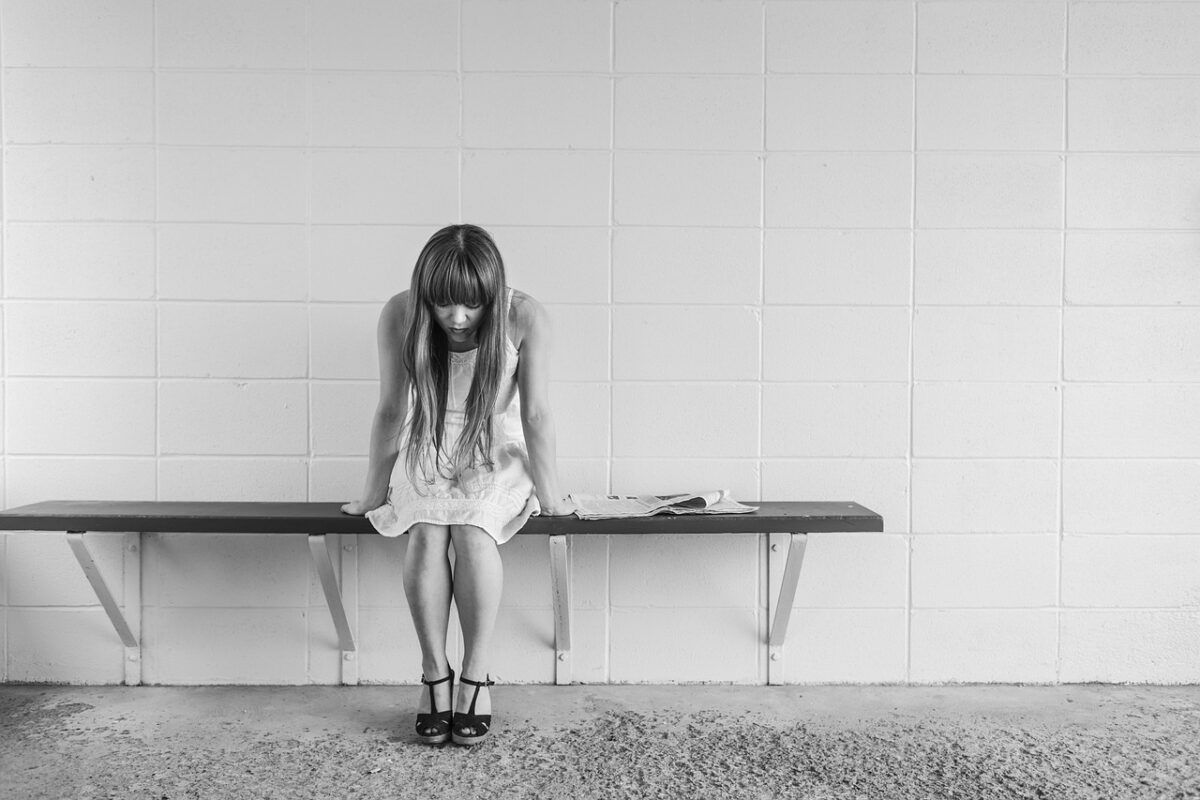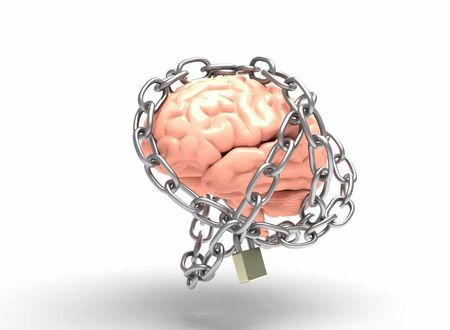Everyone experiences sadness every now and then. Depression on the other hand is a clinical condition. While sadness is a passing feeling, depression affects one’s mood, ability to think, feel and function.
Many people use the term quite casually. However, depression is not simply being lazy or unwilling to change. It is often accompanied by a feeling of hopelessness – a view that nothing will turn out good in future. It’s a very painful feeling to experience.
According to the National Institute of Mental Health, in 2020, an estimated 21 million of adults in the United States had at least one major depressive episode in the past year. According to 2022 State of Mental Health in America report, suicidal ideation among adults increased to 4.58 percent in 2022.
Symptoms of clinical depression:
- Feelings of sadness, tearfulness, emptiness or hopelessness
- Angry outbursts, irritability or frustration, even over small matters
- Loss of interest or pleasure in most or all normal activities, such as sex, hobbies or sports
- Anxiety, agitation or restlessness
- Feelings of worthlessness or guilt, fixating on past failures or self-blame
- Slowed thinking, speaking or body movements
- Trouble thinking, concentrating, making decisions and remembering things
- Frequent or recurrent thoughts of death, suicidal thoughts, suicide attempts or suicide
- Unexplained physical problems, such as back pain or headaches, stomachache, sexual dysfunction
- Sleep disturbances, including insomnia or sleeping too much
- Tiredness and lack of energy, so even small tasks take extra effort
- Reduced appetite and weight loss or increased cravings for food and weight gain
Common causes of depression include:
Brain chemistry
There may be a chemical imbalance in parts of the brain that manage mood, thoughts, sleep, appetite, and behavior in people who have depression.
Early childhood trauma
Some events affect the way your body reacts to fear and stressful situations.
Family history
You’re at a higher risk for developing depression if you have a family history of depression or another mood disorder.
Hardship
There’s growing evidence, according to the World Health Organization, that psychological and social factors like a history of abuse, poor health and nutrition, unemployment, social isolation or loneliness, low socioeconomic status, or stressful life events (divorce or money worries, for example) can play a decisive role in the onset of depression.
Brain structure
There’s a greater risk for depression if the frontal lobe of your brain is less active. However, scientists don’t know if this happens before or after the onset of depressive symptoms.
Pain
People who feel emotional or chronic physical pain for long periods of time are significantly more likelyTrusted Source to develop depression.
Substance use
A history of substance or alcohol misuse can affect your risk.
Medical conditions
Certain conditions may put you at higher risk, such as chronic illness, insomnia, chronic pain, Parkinson’s disease, stroke, heart attack, and cancer.
Treatment for depression:
Cognitive behavioral therapy (CBT)
CBT focuses on changing specific negative thought patterns so that you are able to better respond to challenging and stressful situations.
Behavioral activation therapy
The aim of this type of therapy is to reverse the downward spiral of depression by encouraging you to seek out experiences and activities that give you joy.
Interpersonal therapy
This very structured, time-limited form of therapy focuses on identifying and improving problematic personal relationships and circumstances directly related to your current depressive mood.
Self-management/self-control therapy
This type of behavioral therapy trains you to lessen your negative reactions to events and reduce your self-punishing behaviors and thoughts.
Problem-solving therapy
This therapy is a form of CBT that teaches take-charge skills that help you solve real-life problems and stressors, big and small, that contribute to depression.
By the way, I am offering pro-bono counselling sessions under supervision. If you (or someone you know) need mental health support, please get in touch with me using this link: Intake form









Comments & Discussion
11 COMMENTS
Please login to read members' comments and participate in the discussion.